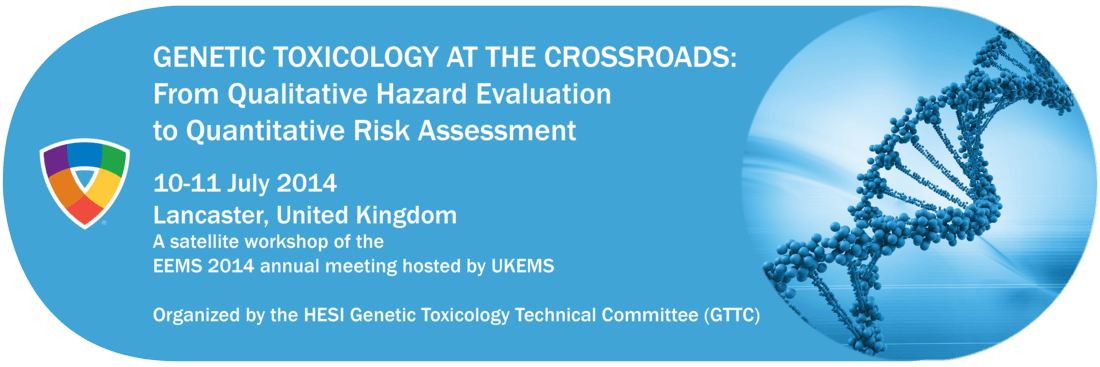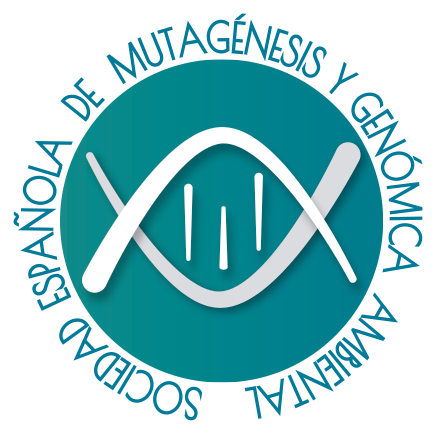Background and Objectives
It is becoming increasingly apparent that the genetic toxicology community should move away from qualitative hazard-based approaches to quantitative risk-based methodologies to facilitate data interpretation in the context of informing human risk. Given that genetic toxicologists employ a number of different in vitro as well as in vivo test systems, it is imperative that approaches for comparing the dose-metrics across the test systems be standardized so that a point of departure (POD) or no-observed-genotoxic-effect-level (NOGEL) derived in one test system can be extrapolated or compared to another and eventually from experimental models to humans.
This workshop is organized by the HESI Genetic Toxicology Technical Committee (GTTC), formerly known as the IVGT. It will bring together experts in the fields of genetic and general toxicology, risk assessment, and computational biology representing industry, academia, and government to address and make recommendations on a path forward on this topic, including the identification of any key data gaps in our knowledge that require further research. While the focus of this workshop is on genetic toxicology studies, the key learnings from this effort will have a much broader impact across various toxicology disciplines.
Workshop Sessions
10 July 2014 (1:00pm – 6:00pm)
- Introduction to workshop
- Plenary Lecture I
- Session I: Comparing PoD metrics across test systems and endpoints: tools and case studies
11 July 2014 (8:30am – 2:00pm)
- Plenary Lecture II
- Session II: In vitro to in vivo extrapolation: tools and approaches for the evaluation and extrapolation of exposure across test systems
- Session III: Recommendations and current initiatives for the use of dose response data for risk assessment: different approaches
More information:
http://www.hesiglobal.org/i4a/pages/index.cfm?pageID=3647


